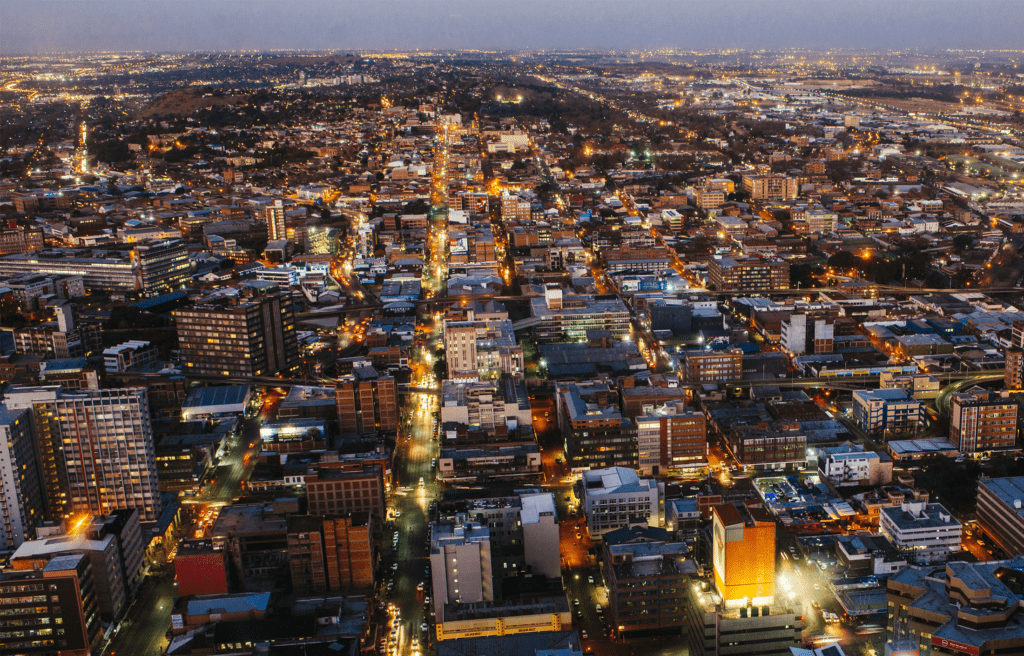According to a report by fDi Intelligence, South Africa soared to the top of the Africa Tech Ecosystems of the Future ranking, taking first place not only overall, but also for Economic Potential, Start-Up Status, and Business Friendliness.
According to Briter Bridges statistics, South Africa had the second-highest number of start-ups behind Nigeria, and received the largest number of foreign direct investment (FDI) projects in the software and IT services industry, according to data from fDi Markets.
This entrepreneurial spirit is fueling a surge of tech start-ups across Africa, with South Africa and Kenya ranked first and second in fDi’s African Tech Ecosystems of the Future ranking, respectively. The ranking took into account data from fDi Markets and Briter Bridges, as well as other outlets, to identify Africa’s most promising countries for tech start-ups.
The Cape Innovation and Technology Initiative, one of the continent’s most established VC networks and the continent’s oldest start-up incubator, is based in South Africa. More than 3000 entrepreneurs have benefited from the incubator. South Africa is a model for other software ecosystems to follow.
Kenya came in second position overall and in terms of economic potential, behind only South Africa. According to Briter Bridges, Kenya has the most coding schools on the continent, indicating a high degree of investment and interest in the country’s tech ecosystem.
Kenya is also home to M-Pesa, perhaps the most well-known fintech on the continent. M-Pesa, which was established in 2007, revolutionized banking in Africa and enabled millions of people to gain access to banking services through mobile phones. Kenya’s tech ecosystem was thrust into the spotlight as a result of the platform’s popularity, with incubators, hubs, and venture capital pouring into the nation.
Kenya has seen tremendous growth in the fintech start-up sector over the years, with financial inclusion increasing dramatically in recent decades.
Despite South Africa and Kenya’s technological prowess, Nigeria had the most start-ups of any region, with many of them operating in the fintech sector, taking advantage of the country’s lack of banking services.
While Lagos is known for its startup ecosystem, there is a major disconnect between the city’s tech ecosystem, its environs, and the rest of the world, which has chronically poor infrastructure and education, as well as recurrent political instability and security issues.
Nigeria is unable to excel in any segment of the fDi Tech Ecosystems of the Future ranking due to its difficult climate.
In fDi’s Tech Ecosystems of the Future 2021/2022, Tunisia came in first for Cost Effectiveness and third for Human Capital and Lifestyle.
Zambia had the lowest average skilled worker wage yet still ranking in the top ten countries for Human Capital and Lifestyle.
Ghana also did well in Human Capital and Lifestyle, coming in second and demonstrating the country’s dedication to technological education.
Morocco’s welcoming environment has attracted investors, with inward FDI accounting for the largest number of jobs generated between 2015 and 2020.
In terms of business friendliness, there has been major regulatory reform across the continent, with Rwanda showing particular progress.
Download full report.
Read More on Tech Gist Africa:
Nairobi is Africa’s most innovative city, according to reports
The UAE is ranked first in the world in terms of telecommunications infrastructure quality
